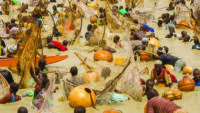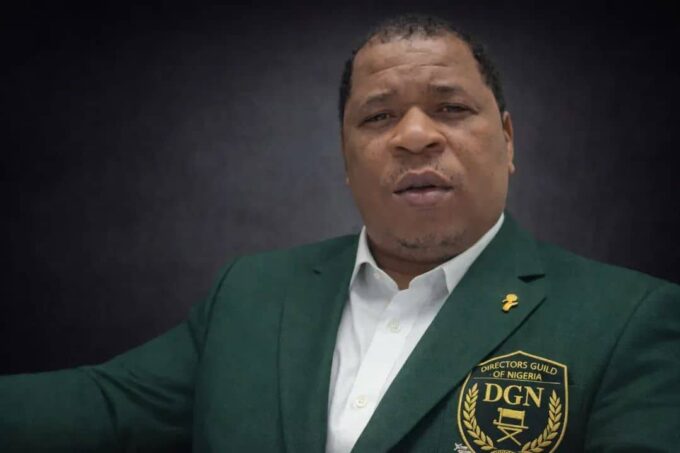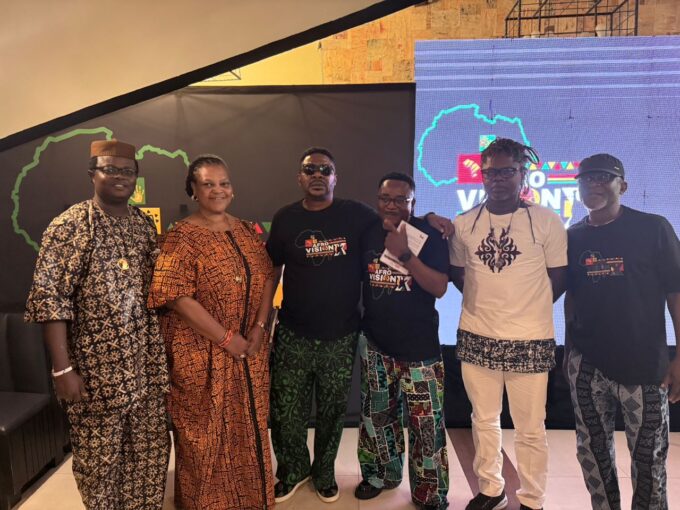Amid poverty and joblessness, drug abuse is on the rise, reckons E. F. EGBERE
“Mama born pikin, nurture am, give am breast. Pikin don kolo because of Kolorado.”
This is not just a song. It is a cry. It is a dirge. It is Nigeria’s reality. With one piercing refrain, the National Association of Seadogs (NAS) has brought to the surface what too many families whisper behind closed doors: drug abuse is tearing through our youth like wildfire, and the nation is looking away.
The facts are stark. More than 14 million Nigerians between the ages of 15 and 64 are estimated to be using drugs—double the global average. Cannabis, tramadol, codeine, methamphetamine (“mkpuru mmiri”), and now the deadly synthetic blends nicknamed “Colorado” are circulating in our streets, schools, and markets. Enforcement agencies such as the NDLEA are seizing tonnes of narcotics, parading traffickers, and locking up pushers. Yet the drugs keep flowing, the addicts keep multiplying, and the funerals keep coming.
Why? Because this is not just an enforcement problem—it is a national collapse of opportunity. Poverty, unemployment, and hopelessness are the breeding grounds of addiction. A jobless youth in Ajegunle, a disillusioned undergraduate in Benin, a frustrated okada rider in Kano—these are the soft targets of drug peddlers who sell escape in small wraps. When a society fails to provide hope, it should not be surprised when despair comes laced with cannabis and codeine.
This is why the NAS intervention matters. For decades, the association has been a thorn in the side of injustice and a loud voice for the voiceless. With the “Mama, Mama” video, it has taken the fight to the cultural frontline, speaking in the people’s tongue—Pidgin English—and piercing through with imagery every Nigerian mother understands. The power of the song lies in its simplicity. It does not preach, it does not lecture—it warns. It connects. It demands a response.
But awareness is not enough. The Seadogs and other civic groups must go further. Every video, every campaign, must be tied to real lifelines: NDLEA helplines, counseling centres, rehab clinics. Parents must be equipped to spot the early signs of drug use, and schools must be made battlegrounds of prevention, not recruitment grounds for peddlers. Religious leaders, often the first port of call for families, must preach compassion and treatment, not stigma and shame.
Above all, we must confront the economic roots. A hungry youth is a vulnerable youth. A jobless graduate with no future is easy prey. If government cannot create jobs, then it must at least create opportunities—vocational training, apprenticeships, small business support—that offer young people something to live for beyond the haze of drugs.
The NAS has lit the torch. The question is whether the rest of society will follow. Will civil society, faith leaders, schools, and government rise to choke off this plague, or will we continue to dance on the edge while addiction devours a generation?
Drug abuse is not a “youth problem.” It is a national emergency. If we fail to act, we are all complicit in turning mothers’ lullabies into laments.
The Seadogs have done their part. Nigeria must now do hers.
Dr. Egbere is an Economic Development Specialist and writes from Abuja

















Leave a comment